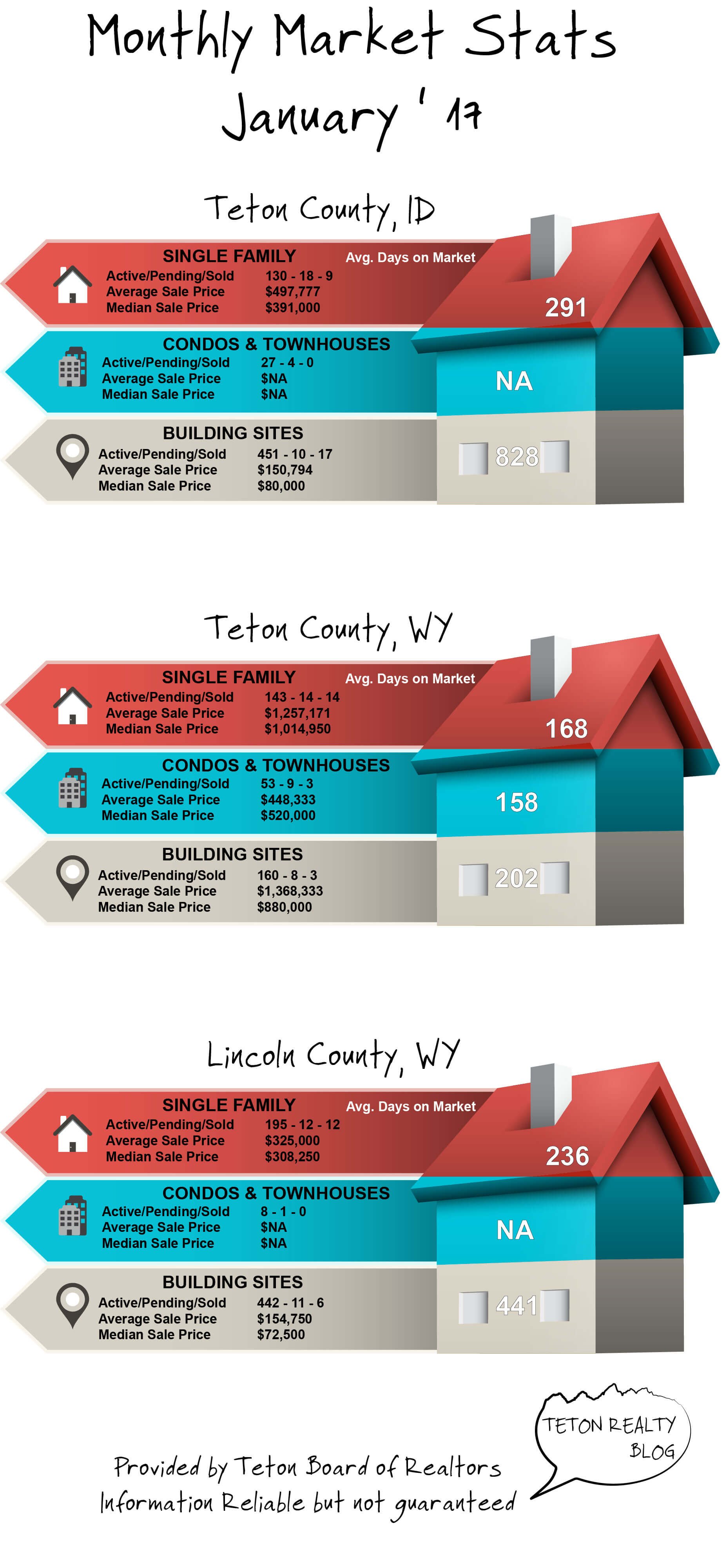8209 CUtthroat Lane, Victor ID 83455
3 bedroom 2 bath home located near downtown Victor in a popular development.
Why it’s a good deal:
Well, it’s under 300k for starters. Moreover, Brookside Hollow is a quality development with homes sales far exceeding 300k.
How much?
$299,000.
How quick will it sell?
Pretty darn quick. This is a hot area, a hot segment and a reasonable price.
MLS info below. Log in to save this property.



